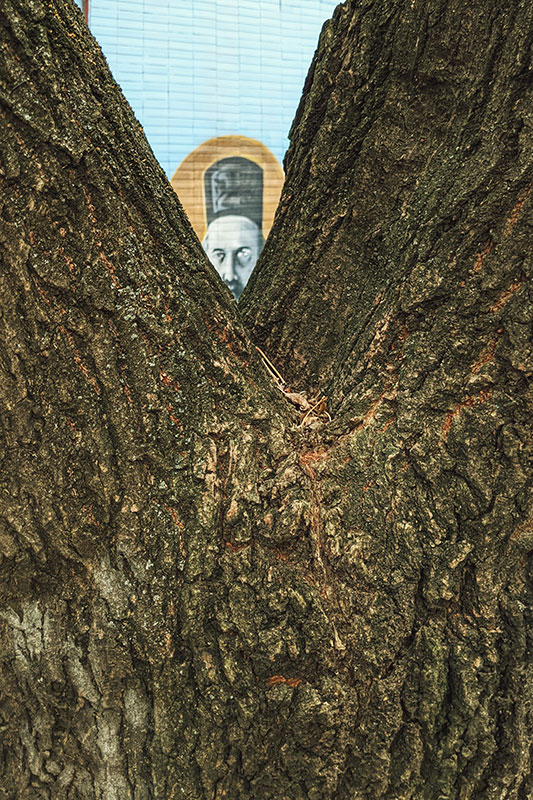
On the same day we learned about the death of the actor Žarko Laušević, we also found out about the cancellation of a concert by the Polish black metal band Batushka. The concert was scheduled for November 23rd in Belgrade, but was canceled due to a negative campaign launched by the monk Arsenije, abbot of the monastery of St. Peter and Paul near Mionica and Orthodox lifestyle influencer. Let me remind you that on May 31, 1990, the play “Saint Sava” in the Yugoslav Drama Theater was violently interrupted by members of the Serbian Youth Block led by Vojislav Šešelj and the priest Žarko Gavrilović, the founder of the Serbian Saint Sava Party. Laušević played the role of Saint Sava, for which he previously received the Sterija Award in Novi Sad. That role, and the tragic events that followed, would fundamentally change his life.
This cancellation probably won’t affect the members of Batushka, whose concerts have already been banned in Russia and Belarus. However, it is important for us here that the team wearing the same jerseys (or rather, robes) is still very active, guided by the same intentions and on the same mission of fighting against freedom of expression. And without freedom of expression, there is no culture in the modern sense of the word, be it popular or classical, such as theater. Žarko Laušević became the first casualty of this culture war, a new phenomenon that would mark Serbia and other post-communist countries. He may have stood dignified in front of the mob and the robes, which roared from the audience, and bravely – as if he were Obilić – but without anger (that would come later, when the continued harassment drove him to pull the trigger), declared “You are not greater Serbs to me”. But he was already caught in the net of the ruling ideology, which requires every individual to publicly prove his national affiliation.
And we all know who has the final say on that topic and who can unmistakably recognize harmful influences. “They are not naive,” monk Arsenije said about Batushka, “they are Poles who make fun of Orthodoxy”, but not just any Orthodoxy, but “Russian” Orthodoxy, and with that they want to “pollute Belgrade”. In this band, the monk-turned-censor recognized Russian Orthodox aesthetics, but putting aside the fact that pollution in Belgrade is apparently measured in units of Russian Orthodoxy, it does not occur to him that the members of the band may perceive Orthodoxy as their own. Instead, he jumps to conclusion that this is “Catholics’ hatred of Orthodoxy”. By the way, there are about half a million Orthodox believers in Poland, as well as a well-organized and autocephalous Orthodox Church, so it would not be surprising if the members of the band come from that part of Polish cultural and religious heritage. So Orthodoxy might be a part of their cultural identity, too.
On stage, Batushka uses Orthodox choreography, large shimnas (special monastic robes that symbolize the strictest vows, taken mostly by old monks), icons, candles and incense, and elements of church singing combined with a heavy metal sound. But none of that choreography serves to mock and provoke the audience from the stage, but to create a heavy horror atmosphere that is characteristic of black metal music. In this sense, the band does not disparage the costumes and choreography, but rather uses it to communicate with the audience, and it could be said that they are fans of the Orthodox monastic aesthetic rather than its critics.
But for Abbot Arsenije, “Satanists from Poland” are “desecrating holy symbols” on stage, and he learned about this from “concerned believers” from Austria. The monk Arsenije is only a prominent part of a closed echo chamber in which like-minded people radicalize each other and do not have the opportunity to learn about different views, which would lead them to reconsider their convictions – something that will seem familiar to anyone who has read about the well-known phenomenon of online radicalization. It is a serious problem, however, if the entire country turns into a closed echo chamber. And the cancellation of the concert today, as well as the cancellation of theater performances in the past, shows that we are moving in that direction.
Translated by Marijana Simić
Peščanik.net, 30.11.2023.


